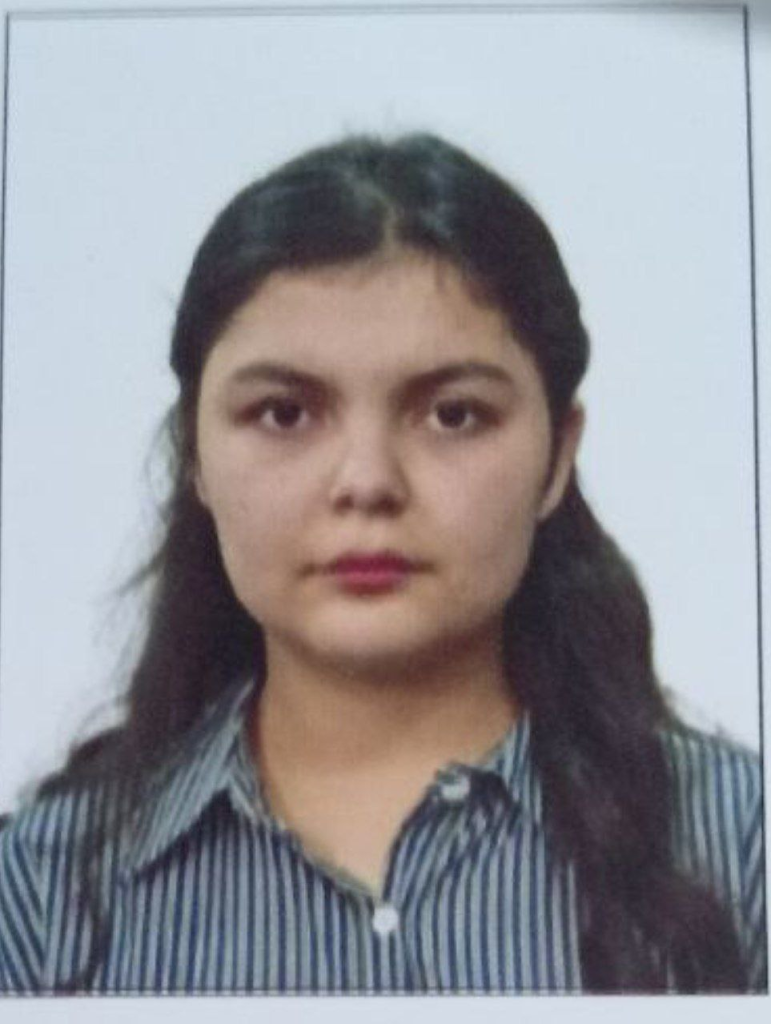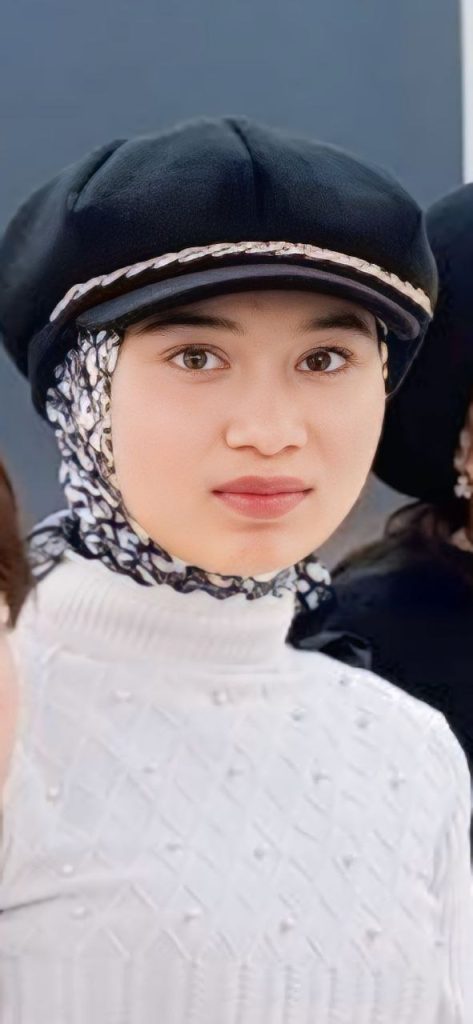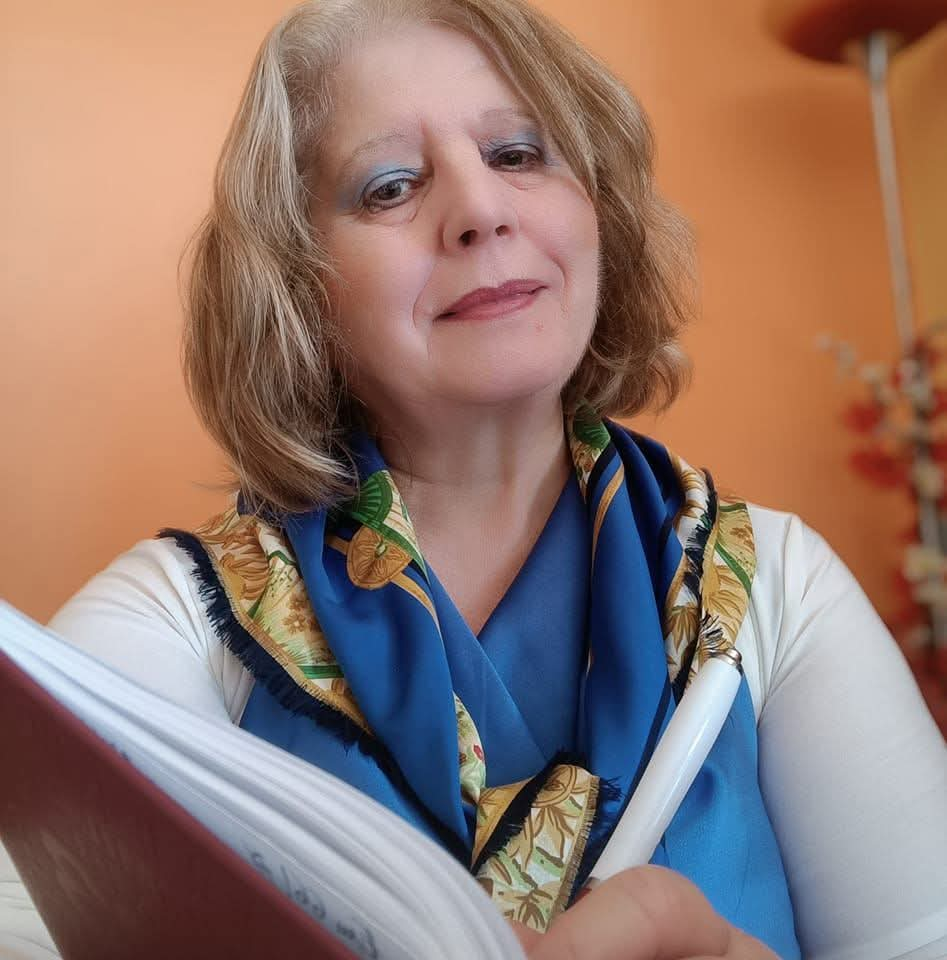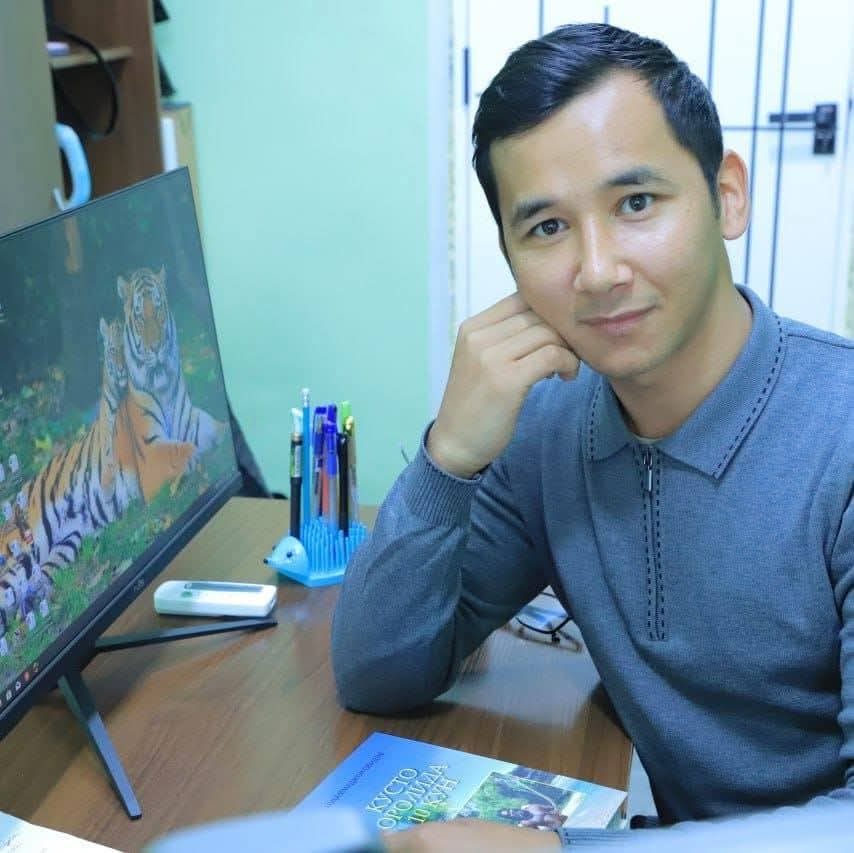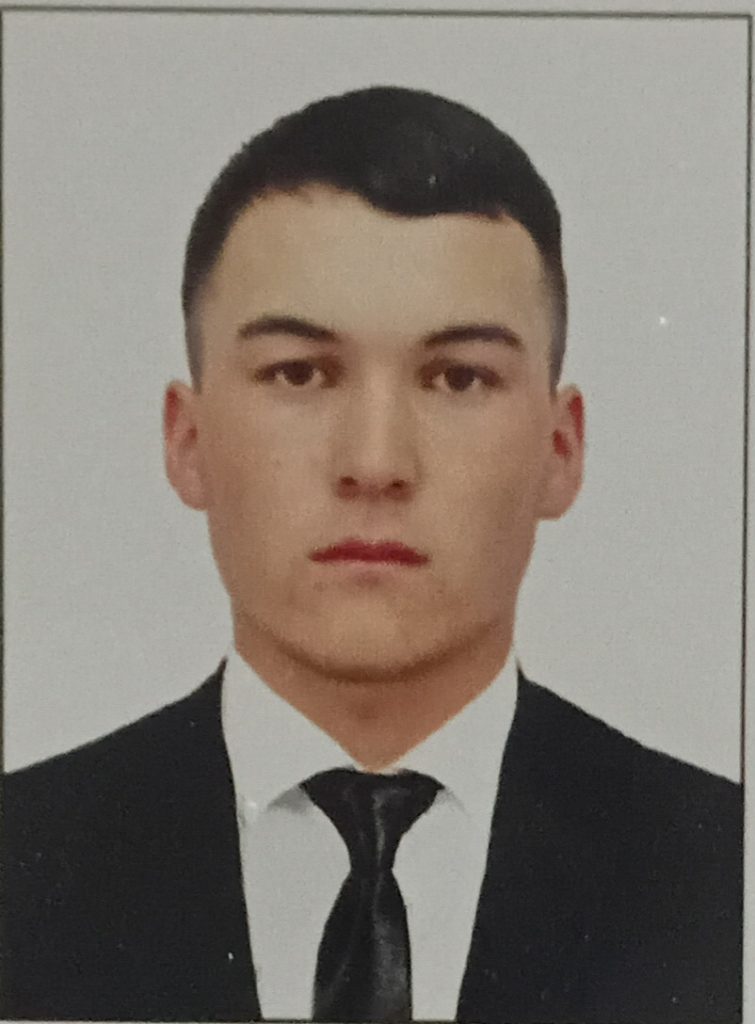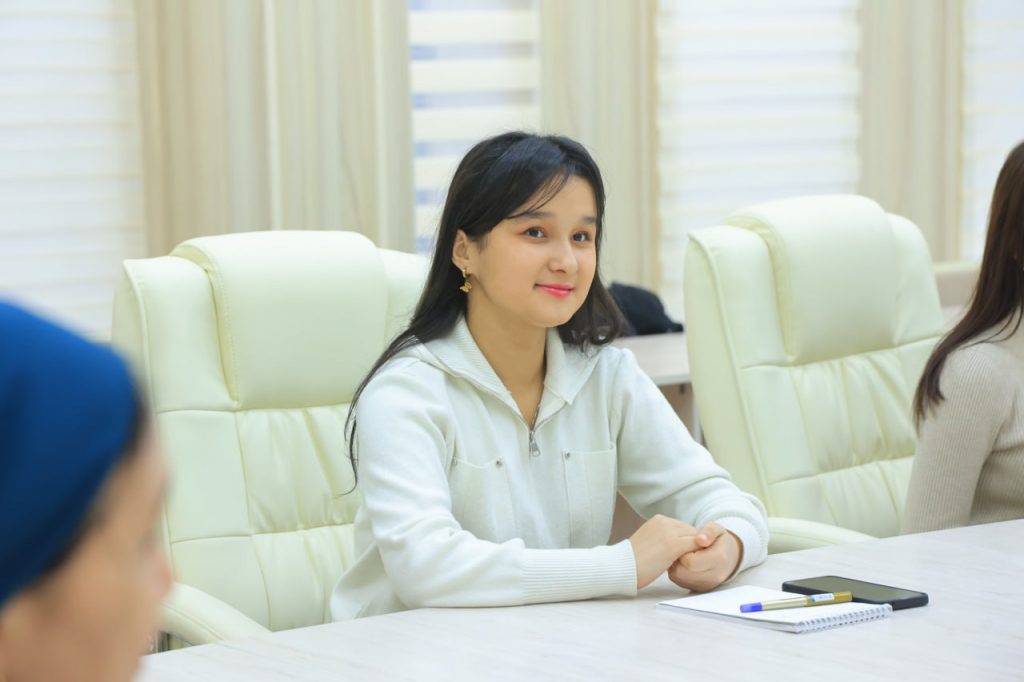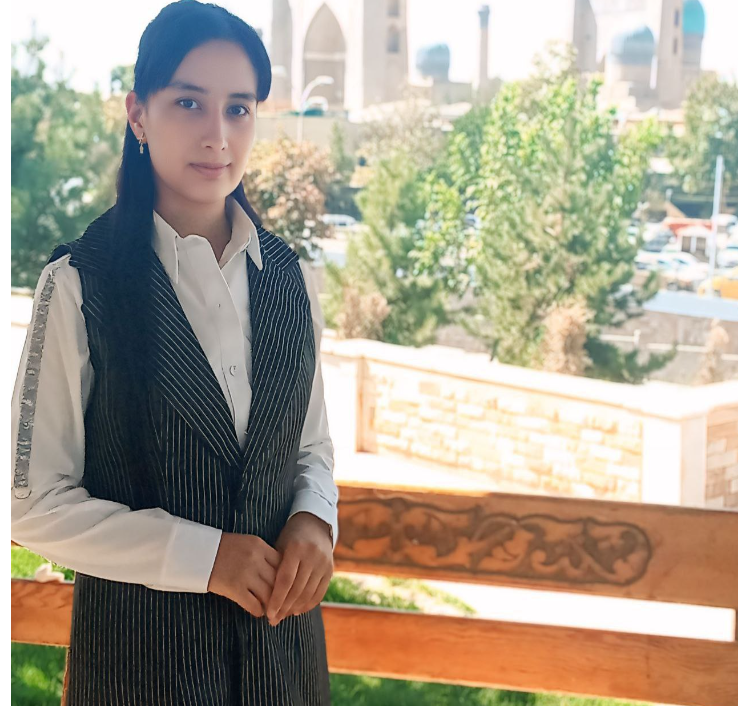
ANALYSIS OF THE RESULTS OF COMPARING FRENCH PROVERBS WITH UZBEK PROVERBS
Masharipova Sayyora
Samarkand State Institute or Foreign language.
Romance and Germanic Languages
3rd year student or Philology and
Language Teaching (French)
Annotation: this article will talk about the analysis of the results of comparing French proverbs to Uzbek proverbs, the formulation of Proverbs, the content of the essence. Also, its role in the culture of our people is analyzed on the example of Proverbs. The translation of Proverbs of another nation is a meditation on the important importance of friendship between peoples.
Keywords: qavlun, friendship, social, psychological, moral education,
INTRODUCTION
Friendship is a socio – moral and psychological concept. Mutual respect represents a form of human interaction based on liking, generality of interests, intimacy, mutual understanding. As a form of human communication, friendship is close to the concepts of brotherhood, comradeship, and brotherhood, but from a psychological point of view, it differs from them in its uniqueness, selectivity, and emotionality. Friendship, as an ethical psychological phenomenon and personal trait, changes with a person’s age (friendship in childhood, adolescence), with the formation of the individual (friendship at school, during student years, in the army).
RESEARCH METHODOLOGY
A proverb is a short, but meaningful and often wise saying that expresses the experience, moral values, and life lessons of a people. Proverbs are often used in oral literature, in the educational process, or in everyday life. They are used for the following purposes:
1.Expressing experience and wisdom: Proverbs often embody the long-standing experience of a people and provide life lessons.
2. Moral education: when they explain moral values, correct and inappropriate behavior helps.
3. Enriching communication: Proverbs make speech colorful and interesting, adding depth to communication.
4. Learning and remembering: Because proverbs are short and easy to remember, they can be useful in the learning process.
5. Preservation of Culture: Proverbs play an important role in preserving the cultural heritage of a nation as they are passed down from generation to generation. Therefore, proverbs are important not only in language and literature, but also in various aspects of our lives.
REVIEW OF USED LITERATURE
Friendship, as an ethical psychological phenomenon and personal trait, changes with a person’s age (friendship in childhood, adolescence), with the formation of the individual (friendship at school, during student years, in the army). The social moral environment, the way of life of people determine the meaning and essence of friendship. Noble behavior brings friendship, bad behavior brings hostility. Friendship is an invaluable beauty of human morality, a gem of positive qualities. If all the beautiful qualities in a person are like a string of pearls, the pearl of them is friendship based on true human love. Thanks to friendship, our homes are prosperous, peace reigns in the world, and abundance is on our tables. That is why wise people have always praised and valued friendship in all societies and encouraged people to always be friends and make more friends.
Amir Temur says: “I did good to the good, and I left the bad to their own bad deeds.” Whoever made a friendship for me, I did not forget the value of his friendship and showed him grace, donation, izzatu.””While my friend is friendly to my enemy, I don’t count him as a friend. Beware of sugar added to poison ” – Abu Ali Ibn Sino. “Live like this with your friends. Have no words to speak about you when they are enemies. Live with your enemies so that your face does not blush when you are friends.”- Jalalidin Rumiy.
ANALYSIS AND RESULTS
French articles about friends and their Uzbek equivalents
Un veritable ami est le plus rare que l’or et l’argent – a true friend is more rare than gold and silver
Prefer wealth.
The meaning of this phrase is that true friends, that is, loyal, reliable, and sincere people, are more important than financial or material wealth.
Friends support each other, help each other in difficult times, and spend happy moments together.
L’amitie ne saurait exister entre deux etres parfaitement identiques – two perfect strangers cannot be friends.
This proverb generally means that a friendship or relationship between two people is unreliable or negative. The word haramza refers to a person who is malicious, treacherous, or unreliable. Overall, this article highlights the importance of trust and sincerity in friendship.
True friendship thinks high, always speaks the truth, and never holds a grudge – a friend does not harm, a harmful friend does not harm.
This proverb has a deep meaning about friendship and relationships between people. This proverb emphasizes that true friendship must have trust, loyalty, and sincerity. If a friend is harmful, meaning he is malicious or harmful, then he is not considered a true friend.
Mille connaissances ne valent pas un veritable ami-good friend face
better than a relative.
This proverb emphasizes the importance of friendship and the value of a real friend.
Among people, dostship is often deeper than kinship, and
may be more sincere. Relationships with relatives are sometimes based on obligation or blood – kinship, but friendship is based more on trust and mutual respect.
Adversity is the touchstone of friendship – a friend is known in a time of trouble.
The meaning of this proverb is that true friends show themselves in difficult and difficult times, that is, during times of problems, difficulties, or trials. In such situations, the authenticity and loyalty of friendship are tested. On the other hand, this proverb emphasizes how important relationships between people are and how important friendship is in difficult times. Qui s’aime trop n’a point d’amis – not having friends is a bad thing. This article suggests that a person who has no friends may experience a change in his or her mental state, feelings, and character in a negative direction. Friends play an important role in a person’s life, serving as a source of help, support, and positive energy. Aime l’ami tien, avec le defaut sien – A friend who seeks a friend without fault will be left friendless. This proverb emphasizes the complexity of true friendship and the need to accept people’s shortcomings. This proverb means that everyone has flaws, so looking for a friend without flaws can ultimately lead to being friendless. In friendship, it is important to understand, understand each other’s shortcomings, be patient and accept each other.
Vieille amitie ne craint pas la rouille-ancient friendship stainless. This proverb emphasizes the stability of friendship and its importance over time.This proverb means that true friendship does not lose its value over time, but rather becomes stronger.This article also encourages us to appreciate the value of friendship, maintain and develop relationships with old friends.
Qui met des restrictions A L’amitie what La connait pas-store sweeper said killer.
This goal emphasizes the importance of friendship and the wrongs and harms that naturally come with its loss. This proverb means that losing a friendship or breaking it is a very painful and sad situation, even comparable to murder. Overall, this article encourages us to understand the value of friendship and to cherish it.
Dis-moi, qui tu frequentes je te dirai qui tu es-tell me your friend, I’ll tell you who you are.
This phrase emphasizes the connection between friendship and the character of a person. Whoever people make friends with can know a lot about their personality, interests and values. For example, if your friends value loving, sincere qualities and strive to develop them in yourself. Thus, we can better understand ourselves through our friends.
Un ami est un tresor-your friend’s fortune.
This phrase emphasizes the value of friendship, its importance in life, and the connections between people. Friends not only help each other in difficult times, but also share happy moments, support each other, and experience life’s various experiences together.
Thus, our friends are our most valuable wealth, because they make our lives more meaningful and happy.
Les bons comptes font les bons amis – the reckoned friend is inseparable.
This proverb expresses the need for understanding, respect, and helping each other in order for a friendship to be true and lasting. This means that when there is knowledge and sincerity of each other’s value in friendship, their relationship will be strong and lasting.
Amitie passe le gand-test a friendly friend in a climax.
This proverb emphasizes the authenticity of friendship and its importance in times of difficulty. This phrase means that true friends support each other in difficult situations and overcome trials. Friendship shows itself not only in good times, but also in difficult times.
A proverb is a genre of oral folk art, a short and concise, figurative and non-figurative, grammatically and logically complete meaningful expression, with deep meaning. It has a specific, clear form. Proverbs embody the life experiences, attitudes towards society, history, mental state, ethical and aesthetic feelings, and positive qualities of the ancestors. It has been polished among the people for centuries and has come into a compact and simple poetic form. The term “proverb” comes from the Arabic word qavlun – to speak, to say. The history of the study of the genre of the article dates back to Mahmud Kashgari. In his work “Devonu lexicat turk”, about 400 proverbs and sayings are included, Beyond which we can see that proverbs are given special attention in the work of Alisher Navoi, Sultan of the word estate, Zahiriddin Muhammad Babur and others.
The proverbs are extremely rich and diverse in subject matter. A variety of proverbs have been created on topics such as homeland, labor, crafts, friendship, harmony, wisdom, vigilance, language and speech culture, love and affection, as well as negative traits. The dialectical unity of content and form, rhyme in many cases, sometimes polysemy, and richness of figurative meanings are characteristic of the article. The phenomenon of antithesis is often found in proverbs (Respect the elder, honor the younger).
Proverbs are used in various situations and contexts. They are used in the following cases.
1. In presenting life lessons:
Proverbs are usually used to express important lessons or experiences in life. For example, to remind caution before doing something.
2. In counseling: one can strengthen one’s thoughts by saying Proverbs when people advise one another. This is seen, for example, in the article “Think before you start.”
3. In moral education: Proverbs are used as an important tool in explaining and teaching moral values, such as “Do good and you will see good.”
4. In communication: during a conversation, proverbs are used to enrich and make communication interesting. They help to express thoughts briefly and clearly.
5. When making jokes or jokes: Some proverbs can be funny or humorous, so they are used among friends or in informal settings.
6. At events and celebrations: Proverbs are often used in speeches or wishes at celebrations, weddings, or other events.
Thus, proverbs can be used in different situations and for different purposes, while their purpose is often to express life experiences in a concise and precise manner.
CONCLUSION
In short, people’s lifestyle, thinking, and environment also play an important role in the formation of proverbs. This article expresses how important friendship is.
Shunday qilib, maqollar turli vaziyatlarda va maqsadlarda ishlatilishi mumkin, ularning maqsadi esa ko’pincha hayotiy tajribalarni qisqa va aniq ifodalashdir.
FOYDALANILGAN ADABIYOTLAR ROʻYXATI
1. Abdullayeva, N. U. q. (2021). O‘zbek va ingliz xalq maqollarida do‘stlik tushunchasi masalalari. Scientific Progress, 2(1), 377.
2. Mirzayev, T., Musoqulov, A., & Sarimsoqov, B. (Tuzuvchilar). (2005). O‘zbek xalq maqollari. Toshkent: Sharq nashriyot-matbaa aksiyadorlik kompaniyasi.
3. Rajabova, Z. I., & Ikromova, L. B. (2024). Education proverbs in French and their equivalents in Uzbek. American Journal of Language, Literacy and Learning in STEM Education, 28, 241. https://www.grajournalus
4. Salimova, M. J., & Yakubov, J. A. (2021). Fransuz va o‘zbek maqollarining lingvokulturologik xususiyatlari. Nauki, 108.
5. Назарян, А. Г. (1987). Фразеология современного французского языка (2-е изд., перераб. и доп., с. 215). Москва: Высшая школа.

